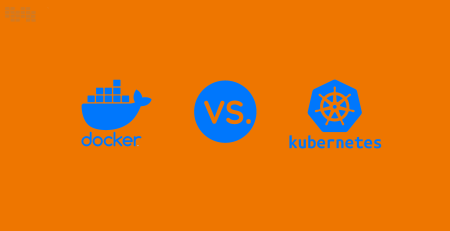Improve Your Deployment with DevOps
The capacity to quickly and consistently offer new features and upgrades is of utmost importance in the dynamic field of software development. DevOps, a set of ideas and practices ready to alter your deployment strategy, enters the scene at precisely this point. We’ll explore step-by-step how DevOps may be used to improve your deployment process in this blog article.
Understanding DevOps
Before we delve into the details of enhancing your deployment procedure, let’s pause for a moment to grasp the essence of DevOps.
DevOps, derived from the fusion of “development” and “operations,” constitutes both a cultural and technical revolution. It places a strong emphasis on fostering collaboration and communication among software development and IT operations teams. The ultimate objective is to introduce automation and streamline the software delivery and infrastructure management procedures, ultimately rendering deployments more seamless, expeditious, and dependable.
1. Automate Everything
One of the fundamental principles of DevOps is automation. Automating repetitive tasks not only reduces the risk of human error but also speeds up the deployment process significantly. Here’s what you can automate:
- Continuous Integration (CI): Use tools like Jenkins, Travis CI, or GitLab CI/CD to automatically build and test your code whenever changes are pushed to the repository.
- Continuous Deployment (CD): Implement CD pipelines to automatically deploy code to production or staging environments after passing CI tests.
- Infrastructure as Code (IaC): Manage your infrastructure using code (e.g., Terraform or AWS CloudFormation) to ensure consistency and reproducibility.
- Testing: Automate testing processes, including unit tests, integration tests, and security scans, to catch issues early in the development cycle.
2. Version Control is Your Friend
Effective version control is the backbone of any successful DevOps process. By using a version control system like Git, you can easily track changes, collaborate with team members, and roll back to previous versions if needed.
3. Continuous Monitoring and Feedback
DevOps doesn’t stop at deployment. Continuous monitoring and feedback are critical for maintaining a healthy application. Set up monitoring tools like Prometheus, Grafana, or the ELK stack to keep an eye on your application’s performance. This allows you to detect and address issues before they impact users.
4. Infrastructure as Code (IaC)
Managing your infrastructure as code enables you to define and provision your infrastructure using scripts or configuration files. This approach ensures that your infrastructure is consistent and can be easily recreated, reducing the risk of deployment-related issues.
5. Collaboration and Communication
DevOps is about people and culture in addition to technologies. Cooperation and communication between the development, operations, and other teams should be encouraged. To make communication and task tracking easier, use collaborative platforms like Jira, Microsoft Teams, or Slack.
6. Security by Design
Security should be integrated from the beginning. Conduct regular security scans, penetration testing, and adhere to security best practices to protect your application and data.
7. A Culture of Continuous Improvement
Finally, promote a continual improvement culture within your company. Encourage teams to evaluate their procedures and look for methods to improve their effectiveness and efficiency. DevOps is built on an iterative methodology.
Conclusion
Enhancing your deployment using DevOps extends beyond mere technological change; it represents a cultural transformation too. Embracing DevOps principles and practices empowers you to elevate the efficiency, quality, and dependability of your software deployments. As you wholeheartedly adopt automation, foster collaboration, and maintain an unwavering dedication to continuous improvement, you’ll witness your deployment process soar to unprecedented levels of accomplishment. Whether you’re a burgeoning startup or an established enterprise, DevOps has the potential to revolutionize your software delivery approach, rendering it swifter, more dependable, and harmoniously attuned to your business objectives.













Leave a Reply